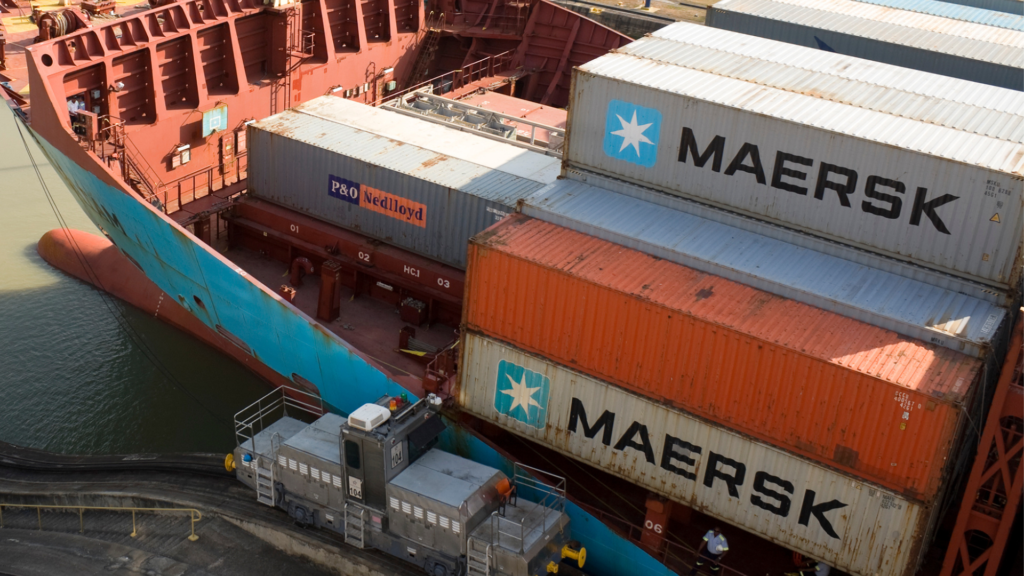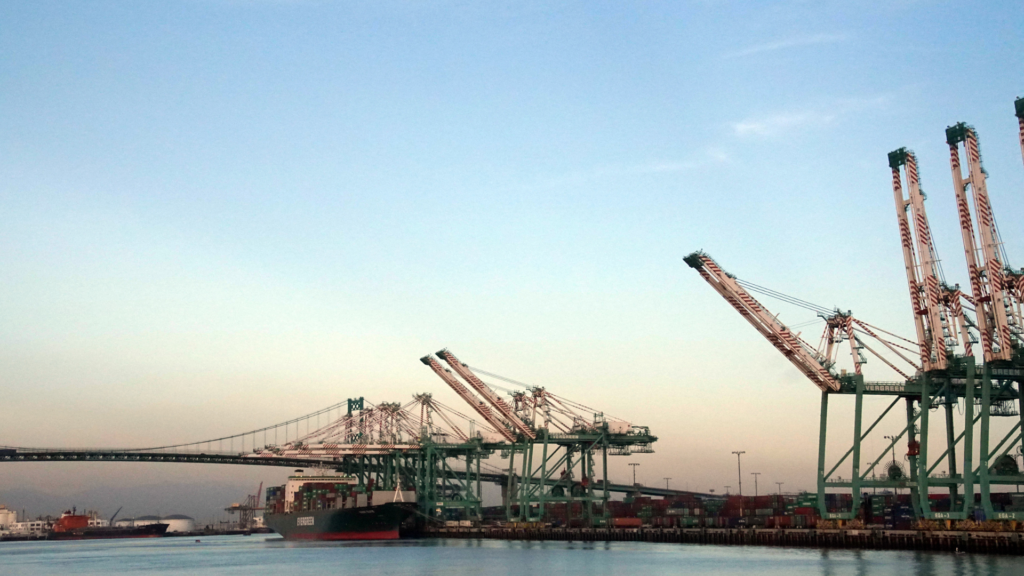Effects 2M Alliance Dissolution and ILWU/PMA Impasse.
Your weekly All-Ways round-up of supply chain news.
Fresh Beginnings
In January 2025, Mediterranean Shipping Co. and Maersk will end their 10-year 2M Alliance. This will set into motion many changes over the next decade to the supply chain.
The immediate results of this dissolution would be an increase in ad hoc slot swaps and vessel-sharing agreements (VSAs) on the major trades across alliance carriers. Changes regarding digitalization and decarbonization will also slowly emerge.
Obviously, this will eventually result in carriers settling into new binding collaborations that will be formed over time.
New Opportunities
COVID’s disruption to the global supply chain and the havoc that ensued have already resulted in regulatory changes.
High prices and capacity limitations called attention to carriers abusing the system. Local container lines had difficulty exporting their goods all while foreign container lines' profits skyrocketed.
➡️ EU is not so keen on extending their antitrust exemption so if carriers succeed in doing so, it will be for the very last time.
➡️ Difficulties deciphering who is responsible for the delays that resulted in unfair detention and demurrage charge caused the US to make regulatory changes. This will likely result in real-time container tracking somewhere down the line.
➡️ This in combination with the end of this major alliance allows for new carriers to enter the playing field. Further disruption to the ‘equilibrium’ will come from many nation-states intending to increase subsidies for national carriers.
➡️ The China+1 sourcing strategy will add growth opportunities to the regional space. This will result in a new major player emerging out of the regional carrier space and will eventually make it into the global carrier sector one way or another.
Over the next decade, a new normal will slowly emerge.
West Coast Port Losses
Contract negotiations for the ILWU dockworkers are dragging on and on with no end in sight. It seems like the ILWU and the PMA keep reaching dead ends. The situation is more dire than the disruptions that occurred during the last round of contract negotiations back in 2014-2015.
In the meantime, cargo is being diverted to the East Coast, and some of it will remain there permanently. The agriculture exports servicing the West Coast will face many hurdles as shipping to the East Coast to then shipping it out back West is time-consuming and more expensive.
“Unlike in 2014-2015, I believe the situation this time is worse because it’s a drip-drip-drip. What’s happening is: it would have been better if we had something dramatic happen for just three months and solved… with this thing lasting on and on, permanent decisions are being made that are irreversible and those are real estate decisions,” said Peter Friedmann, executive director, Agriculture Transportation Coalition (AGTC).
“These decisions include where should the warehouse be built, where should the cold storage facilities be built, where should transload facilities be built? West Coast or East Coast? I know that some decisions are being made about building transload facilities where they had previously considered building those locations on the West Coast because as the situation goes on and on people have got the money raised and they’ve got to put those structures in the ground. In the boardrooms of Chicago and Kansas City, they are making the decision to go to Norfolk, for example, rather than Oakland because they don’t want to wait. They have decisions that they have to make. Once you have built a transload facility, you are stuck with it for a long time.”
Neither the ILWU nor the PMA seems to be in any rush to reach a conclusion.



